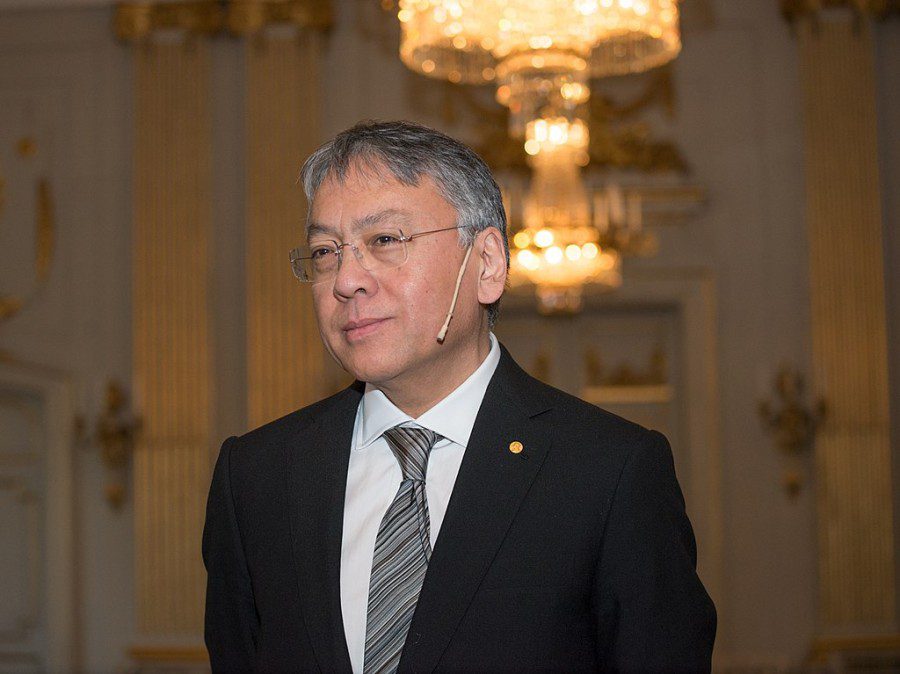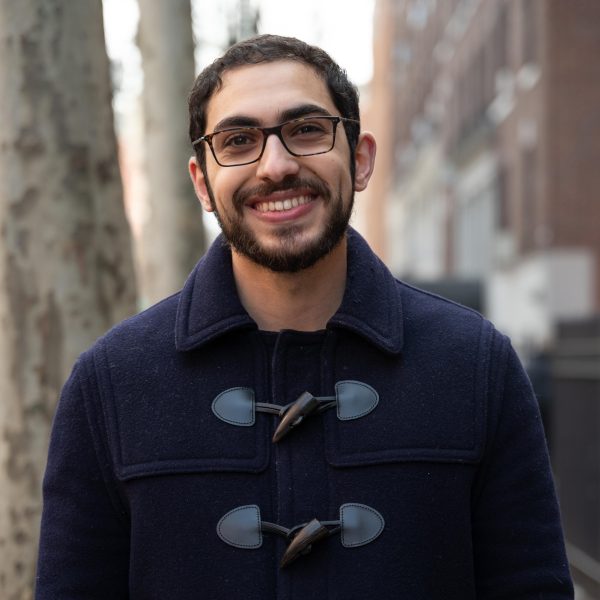Nobel laureate Kazuo Ishiguro joins NYU Reads panel
Kazuo Ishiguro, who authored this year’s NYU Reads selection “Klara and the Sun,” discussed his novel and creative writing process during a panel with NYU students and faculty.
Courtesy: Author Kazuo Ishiguro at the Stockholm Stock Exchange during the Swedish Academy’s press conference on December 6, 2017. (Courtesy of Frankie Fouganthin via Wikimedia Commons)
September 30, 2022
Nobel Prize-winning author Kazuo Ishiguro joined a panel of NYU students and faculty to talk about the process of writing his novel, “Klara and the Sun,” on Thursday, Sept. 29. The panel was part of NYU Reads, a university program which selects a book each year for incoming students and other members of the NYU community to read and discuss together.
“Klara and the Sun,” which was chosen as the 2022-23 selection, is a dystopian science-fiction novel set in a near future in which certain genetically altered children are barred from human socialization and instead given android companions. The book is written from the perspective of one of the androids, Klara, who is chosen to accompany a young girl and learns about the human experience through the time she spends with her.
“I found writing from the point of view of an AI was quite liberating,” Ishiguro said. “It has allowed me to do many things that I wouldn’t dare to do if it was through a human narrator.”
During the virtual discussion, interim provost Gigi Dopico spoke with Ishiguro about his novel alongside a panel of three creative writing students. Ishiguro, who was born in Nagasaki, Japan, and raised in Britain, has won several literary awards, including the Booker and Whitbread prizes, and written eight novels and a short story collection.
Ishiguro said that “Klara and the Sun” deals with feelings of mourning, loneliness and acceptance, which come from his own experience of losing his mother. He discussed his choice of characters and the novel’s point of view, noting how Klara’s perspective allows him to work outside of human limits, including emotions and lifespans.
The panel then held a Q&A session about the influence of art in Ishiguro’s works and how he comes up with novel ideas. Blagovesta Momchedjikova, a clinical professor in the Expository Writing program, said she appreciated that NYU students were included as guest panelists, as it helped foster community.
“I’ve been really enjoying the NYU Reads initiative,” Momchedjikova said. “It’s a great idea to have a book that all incoming students read from different walks of life, different experiences and different fields at NYU.”
Ishiguro said that he takes a different approach to every book he writes, and that an important goal for him is to create a story that will linger in a reader’s mind.
“Writing is quite difficult — you have to reinvent the wheel with each project,” Ishiguro said. “Despite all our cultural differences, there is something fundamental about the human experience that makes storytelling and art possible.”
Contact Yezen Saadah at [email protected].

























































































































































